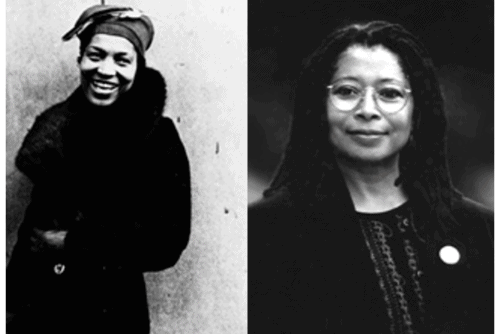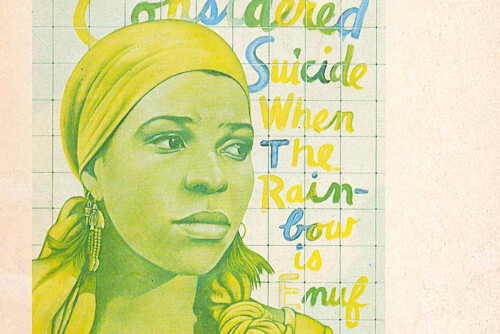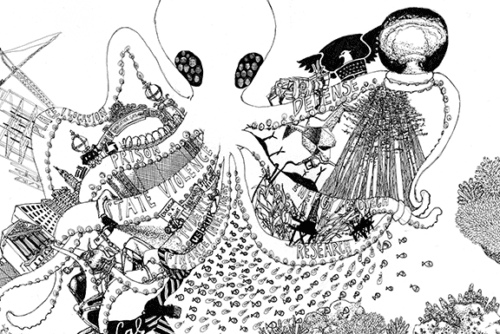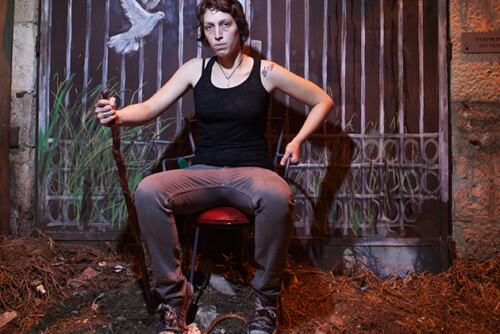This history is, of course, a quick-and-dirty gloss. The ties that bind Zora Neale Hurston and black feminist literary studies to each other are much more finely intertwined and deeply rooted than I am able to unravel in the limited space I have here. 1 I marvel at what has happened to Hurston, to black women’s literature and criticism, to feminist studies, and to the academy in the 30 years since Alice Walker took us along on her historic journey to Eatonville and Fort Pierce. But I also think that amid the tributes and celebrations there is cause for a cautionary tale of a different kind and the need for not only a reassessment of Hurston’s legacy, but also a rededication to the black feminist critical enterprise. This rededication might well begin with an effort to save Hurston from the Legend of Zora—that is, from our own iconic inclinations, which repeat the Great Man, Great Woman, Great Books methodologies of the exclusionary mainstream canons we set out to revise.
Zora Neale Hurston was a phenomenal woman, but she is not a phenomenon. We do her and the field a disservice when we treat her as a picked-to-click anomaly, a solitary genius who somehow miraculously gave birth not only to herself but also to Alice Walker, Toni Morrison, Gayl Jones, Gloria Naylor, and the entire tradition of black women writers. The late Barbara Christian warned us about the dangers of an exclusionary critical practice in her own black feminist manifesto, “The Race for Theory,” first published in 1989. Then the diversion that left some texts, even some of those by Alice Walker and Gloria Naylor, in want of first, not to mention second and third, readings, at least according to Christian, was the rise of theory for theory’s sake in the late twentieth-century academy. 2 Today’s diversion may well be the cult of celebrity.
What does it mean that Hurston’s stock continues to rise at the same time that black feminism’s status in the academy is waning? How can we continue to claim, critique, catalog, and canonize centuries of work by and about black women, both before and after Hurston, without iconizing individual writers (and their work) as sacred texts, while under-reading others? Perhaps this is another lesson we can take from the wisdom of Alice Walker: To achieve the best of all possible understanding of our literary history, we must cultivate all our mothers’ gardens.
- For a fuller, though by no means comprehensive, examination of this history, see Ann duCille, “Anxious History and the Rise of Black Feminist Literary Studies,” in The Cambridge Companion to Feminist Literary Theory, ed. Ellen Rooney (London: Cambridge University Press, forthcoming).[↑]
- Barbara Christian, “The Race for Theory,” in Gender and Theory: Dialogues on Feminist Criticism, ed. Linda Kauffman (New York: Basil Blackwell, 1989), 225–37.[↑]



